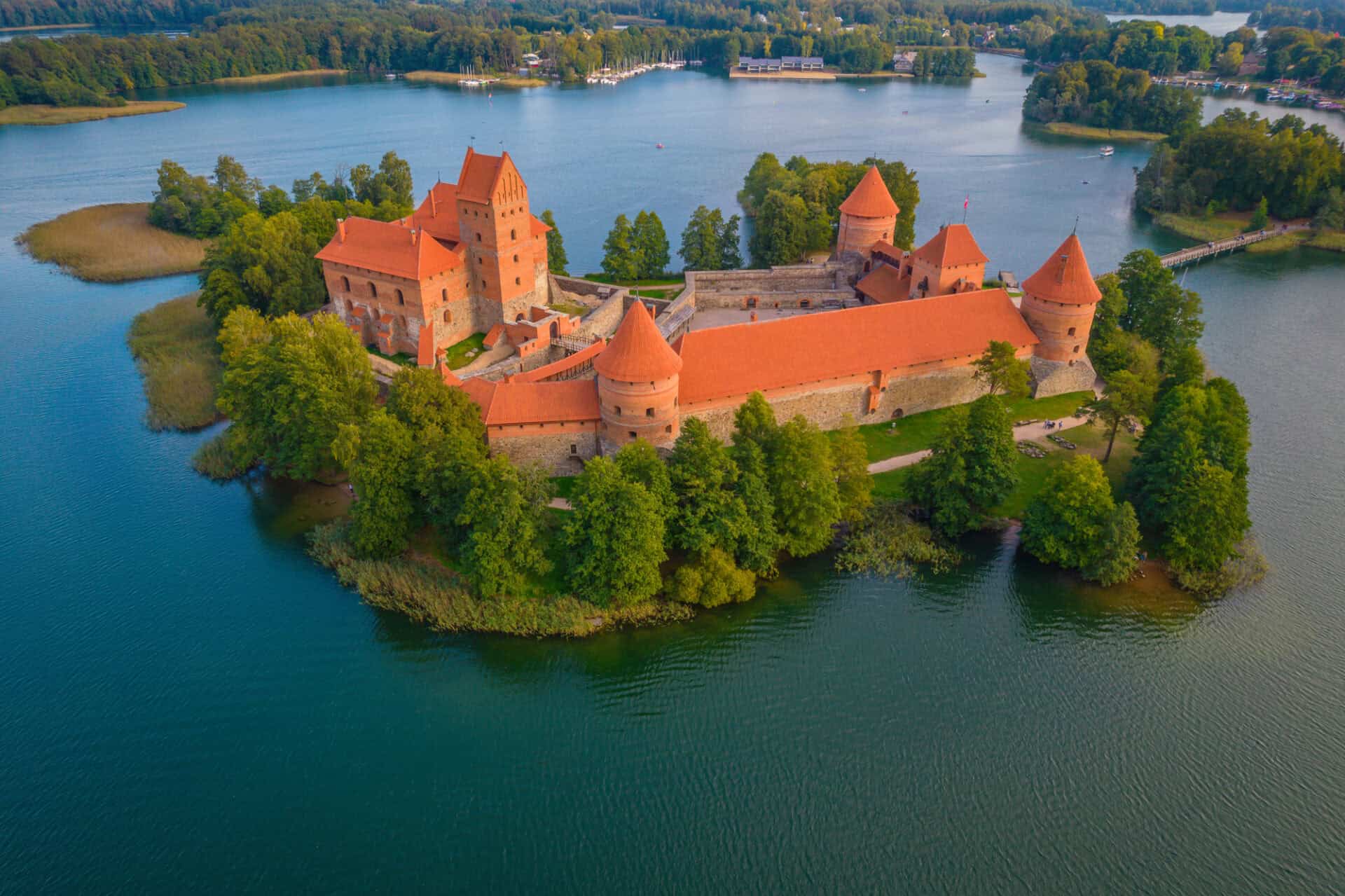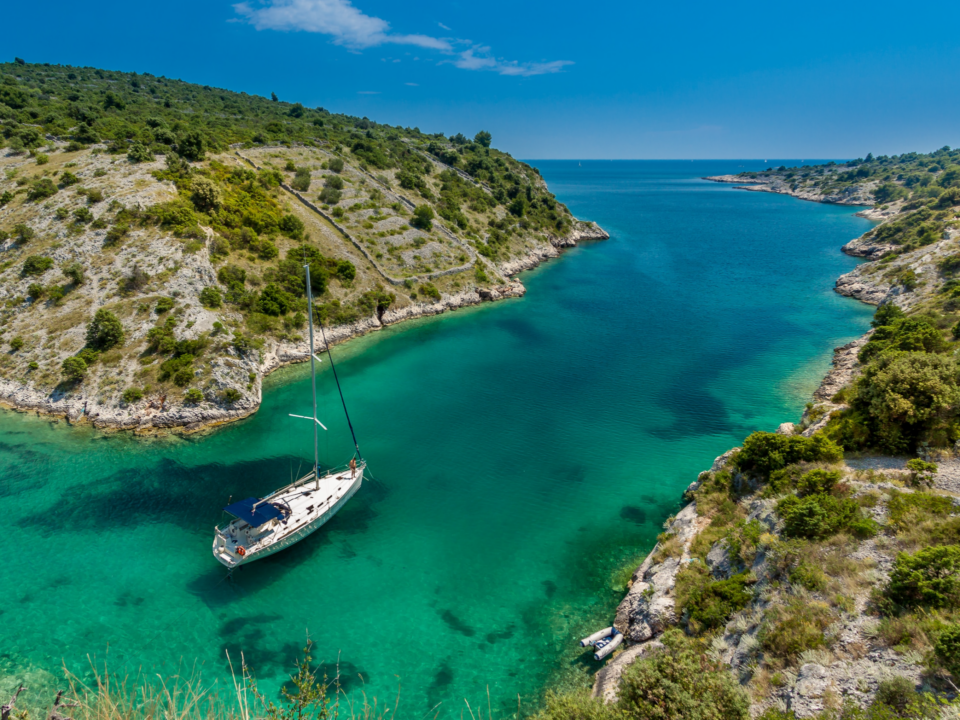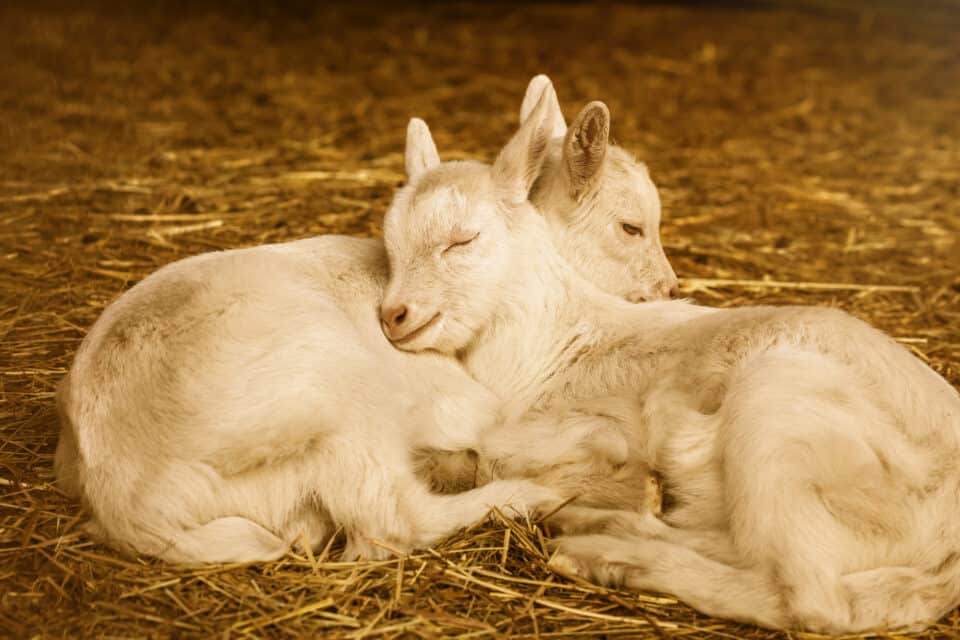Vilnius is a city that seamlessly blends history and modernity, offering something for every type of traveler. The capital of Lithuania has been chosen as the European Green Capital for 2025 due to its robust commitment to sustainability and pragmatic approach. The city’s slogan for its Green Capital year is “Vilnius – the greenest city in the making”.
The city has showcased several inspiring achievements and continues to strive towards becoming even greener. Vilnius has already made significant strides in reducing emissions through various means, such as the use of renewable energy and overhauling the heating infrastructure. The city aims to achieve climate neutrality by 2030.
Moreover, Vilnius places high importance on the efficient engagement of its citizens, prioritizing their happiness. The city seamlessly blends its sustainability efforts with the satisfaction of its inhabitants, promoting initiatives related to clean air and water, preservation of biodiversity, green spaces, and more.
The capital of Lithuania
Vilnius is a vibrant and historic destination that offers a wealth of attractions for tourists. The city is known for its beautiful Baroque architecture, most notably in its well-preserved Old Town, which is a UNESCO World Heritage site.
History and culture
In Vilnius, history buffs can explore the Gediminas’ Tower, the only remaining part of the Upper Castle, and visit the KGB Museum, which offers a chilling glimpse into Lithuania’s Soviet past. Trakai Island Castle, built in the 14th and 15th centuries, is a castle on an island in Lake Galvė. The city is also home to the Vilnius Cathedral, a stunning example of neoclassical architecture.
Beyond its rich history, Vilnius boasts a thriving contemporary culture. The city is known for its vibrant arts scene, with numerous galleries and art museums, including the Contemporary Art Centre, the largest venue for contemporary art in the Baltic States.
The city is also famous for its Užupis district, a bohemian and artistic neighborhood often compared to Montmartre in Paris or Christiania in Copenhagen. This self-declared ‘Republic’ has its own constitution, president, and even currency (used only for local art).
Culinary scene and nature
Food lovers will enjoy the city’s diverse culinary scene, which ranges from traditional Lithuanian dishes to international cuisines. Vilnius also has a growing reputation as a destination for craft beer enthusiasts.
Nature lovers won’t be disappointed either. Despite being a capital city, Vilnius is known for its green spaces. Vingis Park, the city’s largest park, is perfect for leisurely walks, cycling, or picnicking. Moreover, the city’s location on the banks of the Neris River provides plenty of opportunities for water-based activities.

European Green Capital & European Green Leaf Awards
The European Commission’s green city awards include two titles: the European Green Capital (EGC) for cities over 100.000 habitants and the European Green Leaf (EGL) for smaller cities as of 20.000 habitants. The awards recognize and reward local action towards a transition to a greener, more sustainable future. Winning cities are including their citizens in this transition, improve the urban environment, combat pollution and mitigate and prepare for more resilience to climate change. A greener city is a place that attracts investors, tourists and provides a better quality of live for their citizens.
Winning cities – European Green Capital & European Green Leaf Awards
European Green Capital Award 2024: Valencia
This article is part of the series by Conscious Travel Guide, your resource for mindful globetrotting.


